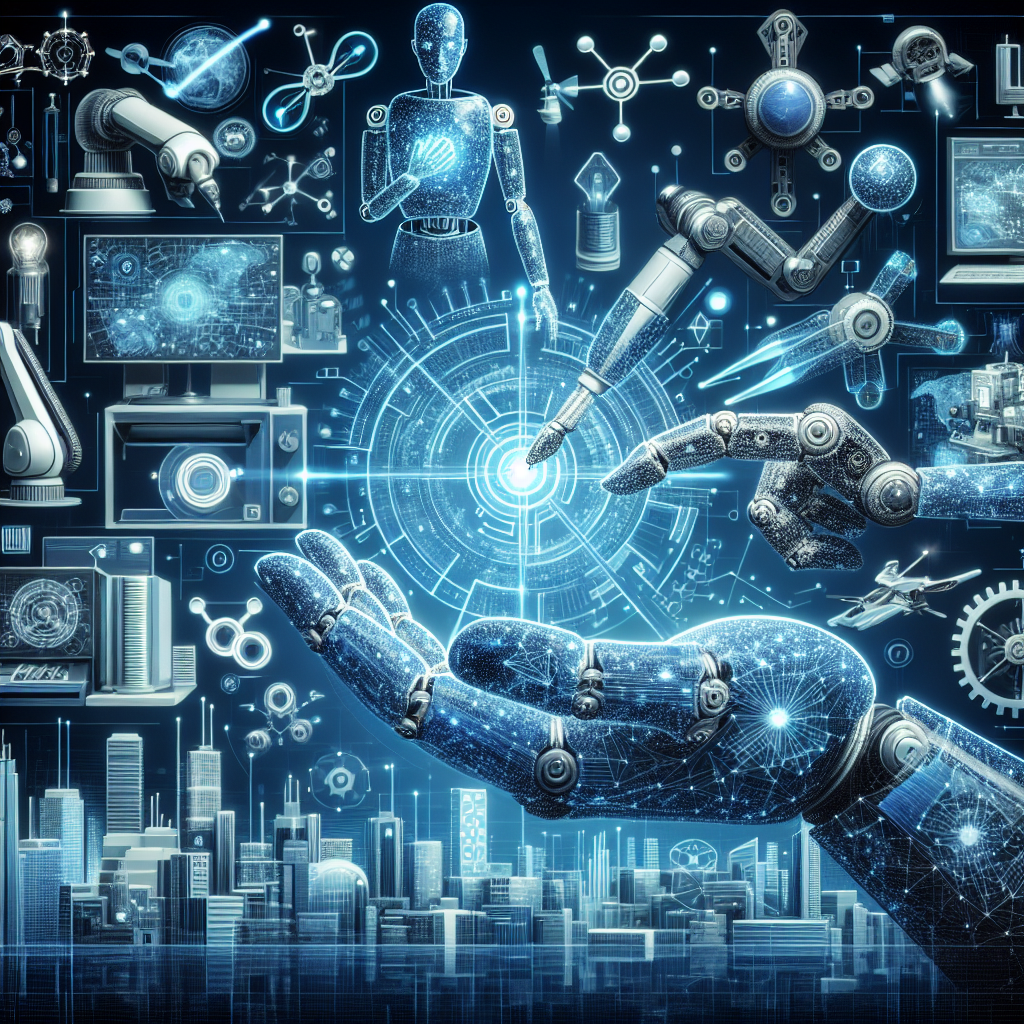Artificial General Intelligence (AGI) is a term that refers to a type of artificial intelligence that possesses the ability to understand and learn any intellectual task that a human being can. Unlike narrow AI systems that are designed for specific tasks, AGI aims to mimic human-like cognitive abilities, such as reasoning, problem-solving, and creativity. AGI has the potential to revolutionize technology and innovation in ways that were previously thought to be impossible. In this article, we will explore the concept of AGI, its potential impact on various industries, and the challenges that come with its development.
AGI: The Next Frontier in Artificial Intelligence
The field of artificial intelligence has made significant advancements in recent years, with narrow AI systems being used in a wide range of applications, from self-driving cars to virtual assistants. However, these systems are limited in their capabilities and lack the ability to generalize their knowledge to new tasks. AGI seeks to overcome these limitations by developing systems that can perform a wide range of intellectual tasks with the same level of proficiency as a human.
The development of AGI has been a long-standing goal in the field of artificial intelligence, with researchers working towards creating systems that can exhibit human-like cognitive abilities. While progress has been made in certain areas, such as natural language processing and computer vision, achieving true AGI remains a challenging task. One of the main hurdles in developing AGI is creating systems that can learn and adapt to new situations in a way that is similar to human learning.
Despite the challenges, the potential benefits of AGI are vast. With AGI, we could see advancements in fields such as healthcare, finance, and transportation, as systems with human-like cognitive abilities could assist in complex decision-making processes and problem-solving tasks. AGI could also lead to the development of new technologies that were previously thought to be out of reach, such as sentient robots and self-aware systems.
AGI: Impact on Technology and Innovation
The impact of AGI on technology and innovation is likely to be profound. With systems that possess human-like cognitive abilities, we could see a shift in the way that tasks are performed across various industries. For example, in healthcare, AGI systems could assist doctors in diagnosing and treating patients, leading to more accurate and efficient care. In finance, AGI could be used to predict market trends and make investment decisions, leading to better outcomes for investors.
AGI could also revolutionize the way that we interact with technology. Virtual assistants powered by AGI could understand and respond to human emotions, leading to more personalized and engaging interactions. Self-driving cars could become even safer and more efficient, as AGI systems could adapt to changing road conditions in real-time.
Overall, the potential impact of AGI on technology and innovation is vast, with the ability to transform industries and drive new advancements in ways that were previously thought to be impossible.
Challenges in Developing AGI
While the potential benefits of AGI are vast, there are also significant challenges that come with its development. One of the main challenges in developing AGI is creating systems that can learn and adapt to new situations in a way that is similar to human learning. Current AI systems are often limited in their ability to generalize their knowledge to new tasks, leading to a lack of flexibility in their capabilities.
Another challenge in developing AGI is ensuring that these systems are ethical and safe to use. As AGI systems become more advanced, there is a concern that they could be used for malicious purposes or lead to unintended consequences. Ensuring that AGI systems are aligned with human values and goals is crucial in order to prevent potential harm.
FAQs
Q: What is the difference between AGI and narrow AI?
A: AGI refers to artificial intelligence systems that possess human-like cognitive abilities, such as reasoning and problem-solving, while narrow AI systems are designed for specific tasks, such as image recognition or language translation.
Q: What are the potential benefits of AGI?
A: AGI has the potential to revolutionize technology and innovation in various industries, such as healthcare, finance, and transportation, by enabling systems with human-like cognitive abilities to assist in complex decision-making processes and problem-solving tasks.
Q: What are the challenges in developing AGI?
A: Some of the main challenges in developing AGI include creating systems that can learn and adapt to new situations in a way that is similar to human learning, and ensuring that these systems are ethical and safe to use.
In conclusion, AGI has the potential to be a game-changer in technology and innovation, with the ability to revolutionize industries and drive new advancements in ways that were previously thought to be impossible. While there are challenges in developing AGI, the potential benefits are vast, making it an exciting area of research and development in the field of artificial intelligence.

